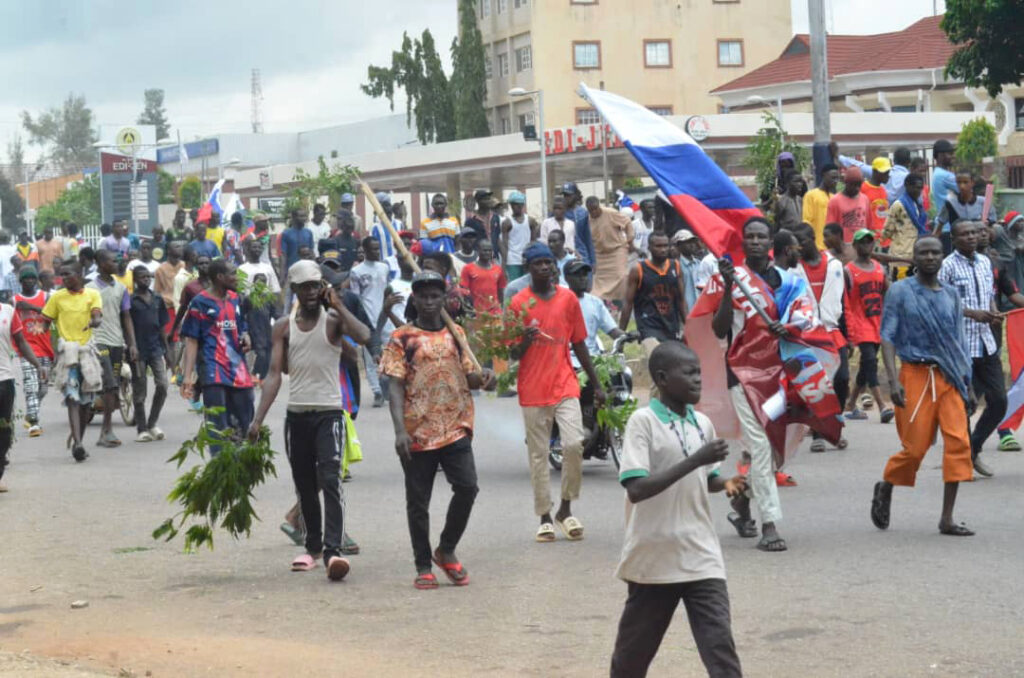WARSAW, Poland (AP) — Six Polish students and a lecturer from the University of Warsaw who detained in Nigeria during protests have been released therethe Polish Foreign Ministry said on Wednesday. They are in good health and will return home this week.
Ministry spokesman Pawel Wronski said the seven Polish citizens had their passports, laptops and belongings returned and were staying on a university campus in the northern Nigerian city of Kano awaiting their return journey.
The seven were in northern Nigeria to take part in a Hausa language learning programme. They were arrested earlier this month in Kano state during a political protest, reportedly for carrying Russian flags, Nigeria’s intelligence agency said.
Officials in Poland, which has frosty relations with Russia, said this was unlikely and that the whole situation was a misunderstanding. The seven were being held in a hotel in Kano while Warsaw actively sought their release.
“Our students were in the wrong place at the wrong time,” said Wronski, who urged people to be careful when traveling to far-flung places.
Wronski said the ministry posts warnings and advisories for travelers on its website, including one about Nigeria’s Kano state, where he said the political situation is “quite complicated.”
Pro-Russian sentiment is rare in the Central European nation, which has bad memories of suffering under Russian rule in the past. Polish society today is highly critical of Russian aggression in Ukraine and strongly supports Ukraine.
The protests in Nigeria saw thousands of people, mostly young people, gather to protest against the worst cost of living crisis in a generation and against alleged bad governance that has hampered development despite the fact that the country is a major oil producer.
In several northern states, some protesters were seen waving Russian flags, a trend that has so far only been common in Africa, in countries hit by coups, where pro-Russian sentiments are growing as a result of military coups that severed ties with the West.

